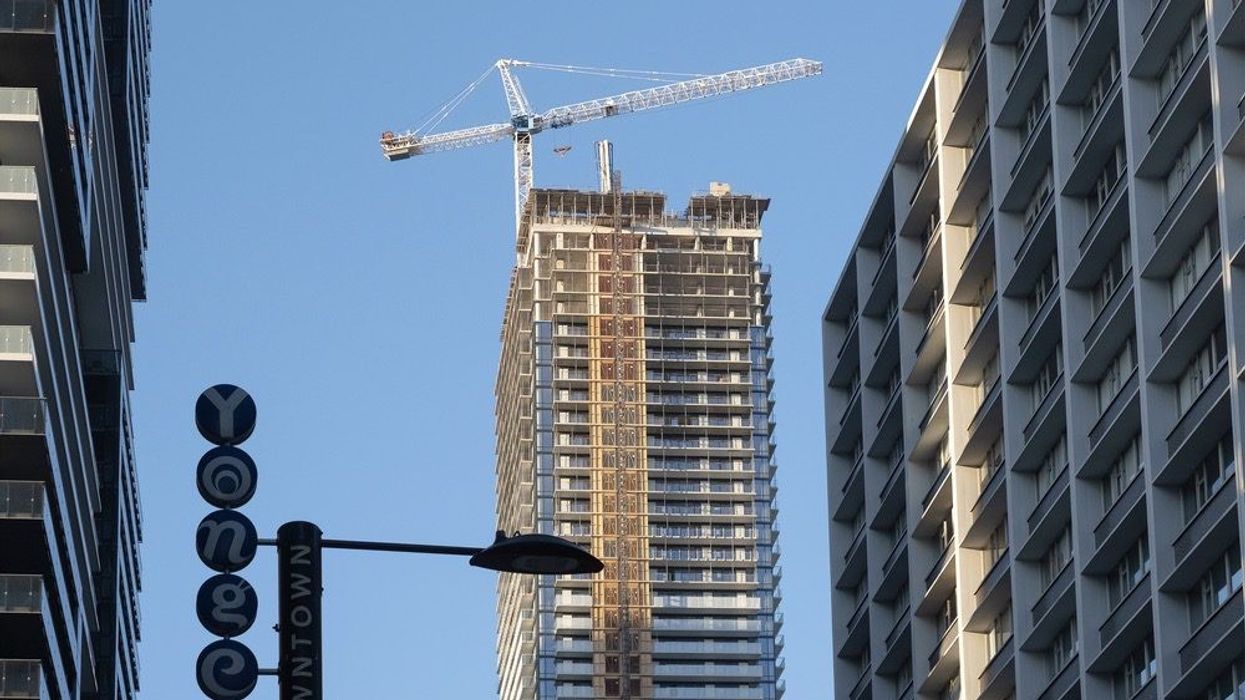Toronto City Council voted on Tuesday evening to hike development charges, adding more than $40,000 in fees to some development application processes.
Charges for residential buildings were hiked 46%, while the charge for non-residential buildings was bumped up 40%. Developers looking to build a detached or semi-detached home will face a $137,040 charge, up $43,062 from the current development charge of $93,978. The charge for building a bachelor or one-bedroom apartment will rise from $35,910 to $52,367, and for apartments with two or more bedrooms, the fee will rise from $55,012 to $80,218 -- a $25,206 difference.
Non residential buildings will see the smallest change to to development charges, rising from their current rate of $476.94 to $666.90 -- a difference of $189.96.
An amendment brought forward by forward by Councillor Ana Bailão, and subsequently passed by Council, provides exemptions for multiplexes with four or fewer units so that development charges would be waived on second, third, and fourth units on a single property. These exemptions were brought forward as a way to encourage more missing middle housing.
"We have to be smart on how we use these tools to make sure the growth is happening where we want it to be and that the kind of units we need in the city are the ones that are getting built," Bailão said.
The hike came amidst warnings from developers that higher development charges, paid by the developer at the time a building permit is issued, would discourage development in the city. Others cautioned that the cost would simply be passed onto buyers and renters, making an already unaffordable housing market even more inaccessible.
Development charges collected by the City go towards building adequate infrastructure to serve the residents of the new homes that are built. Councillor James Pasternak noted, that these infrastructure projects, which include new libraries, recreation centres, and parks, will ultimately add to the value of new homes.
"Many of the developers in the city do not like paying development charges, but they must understand, and I think they do understand, they are more likely to sell their units if people are moving into a fulsome community," Pasternak said.
The development charge hike was spurred by a change in provincial law that required the City to review its current fee structure. According to Mayor John Tory, the development charges, as they stood prior to the hike, "don't even begin to pay for the infrastructure that we have to put in place to deal with a growing city." Acknowledging concerns from housing advocacy groups, and even the City's chief planner Greg Lintern who brought up the issue of already high building costs, Tory said there was no other option.
"What is said here about about the fact that this is either eaten by the developers or, more likely, passed on to the ultimate purchasers, whatever that means for the price of the home, is partly true," Tory said. "But somebody has to pay, in the end, for this infrastructure."
The new development charges will be phased in over a two-year period in an attempt to help manage the impact on community development. Half of the increase amount will be implemented on May 1, 2023, with the full rates coming into effect one year later.





















